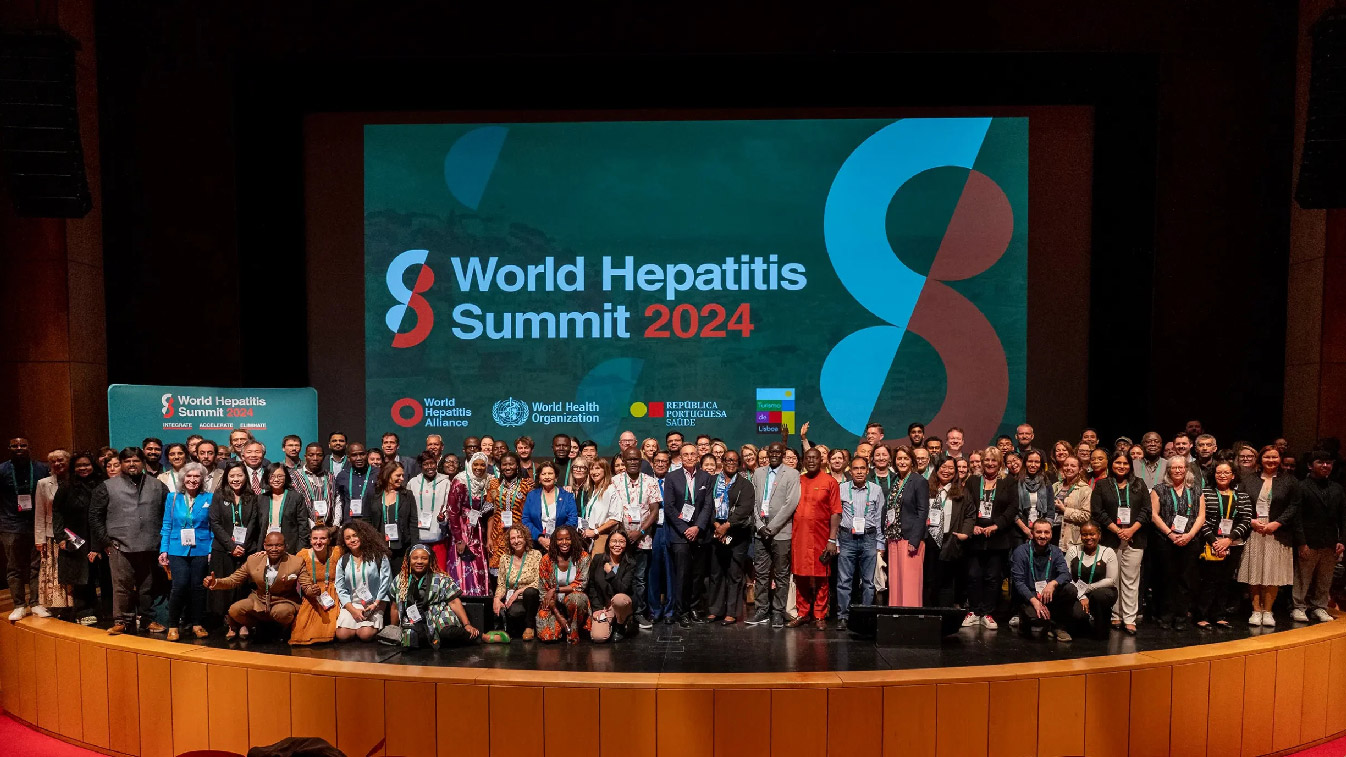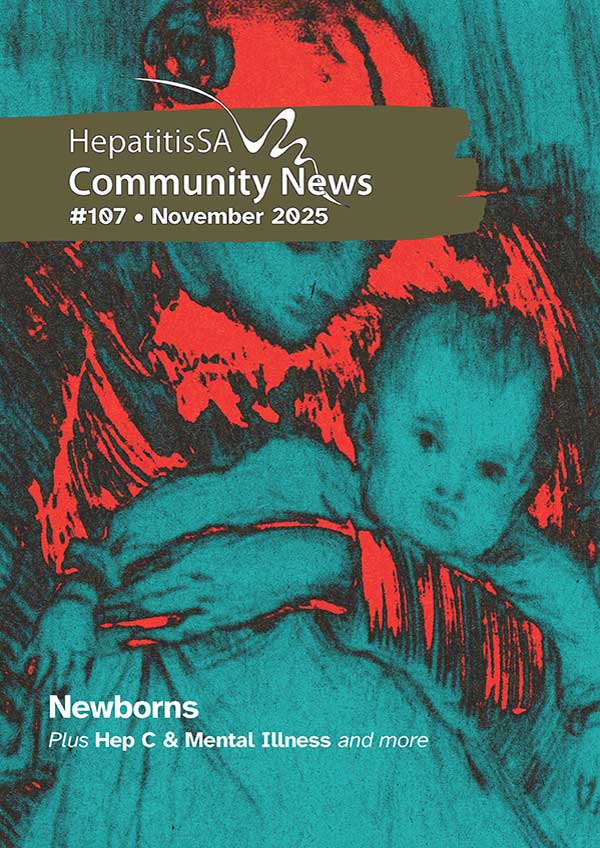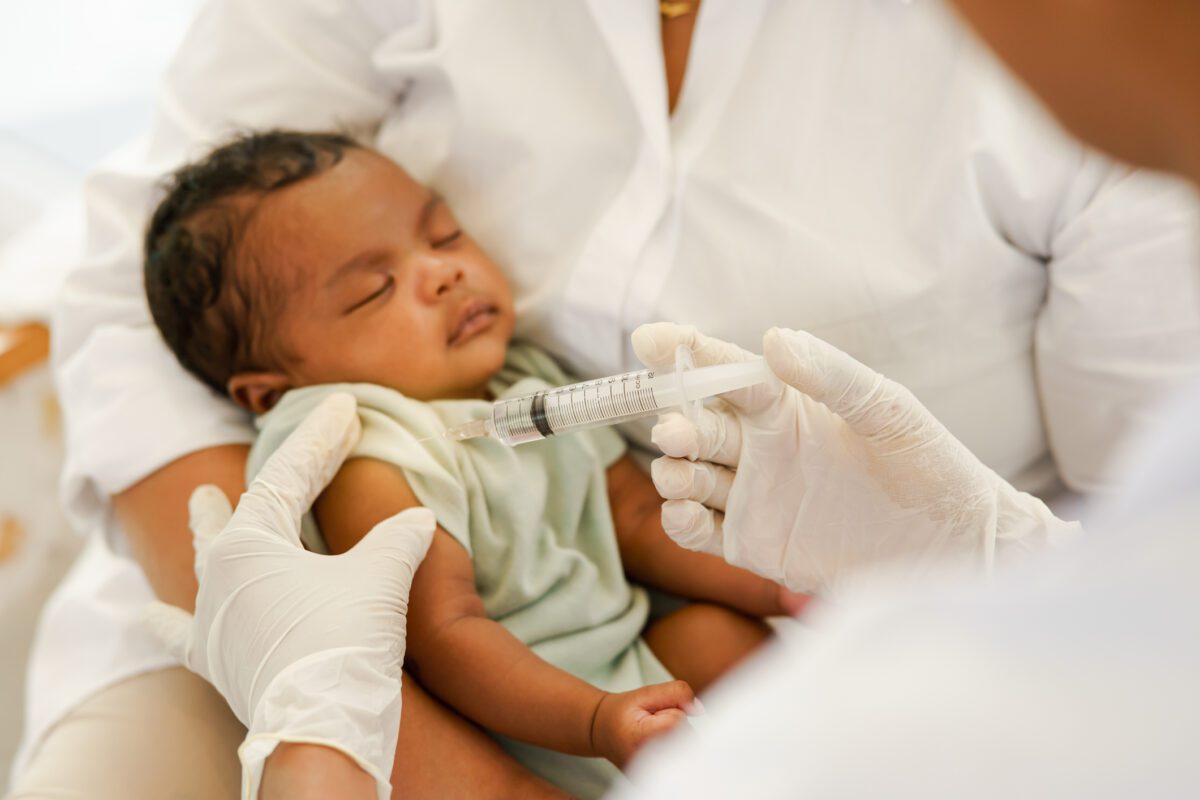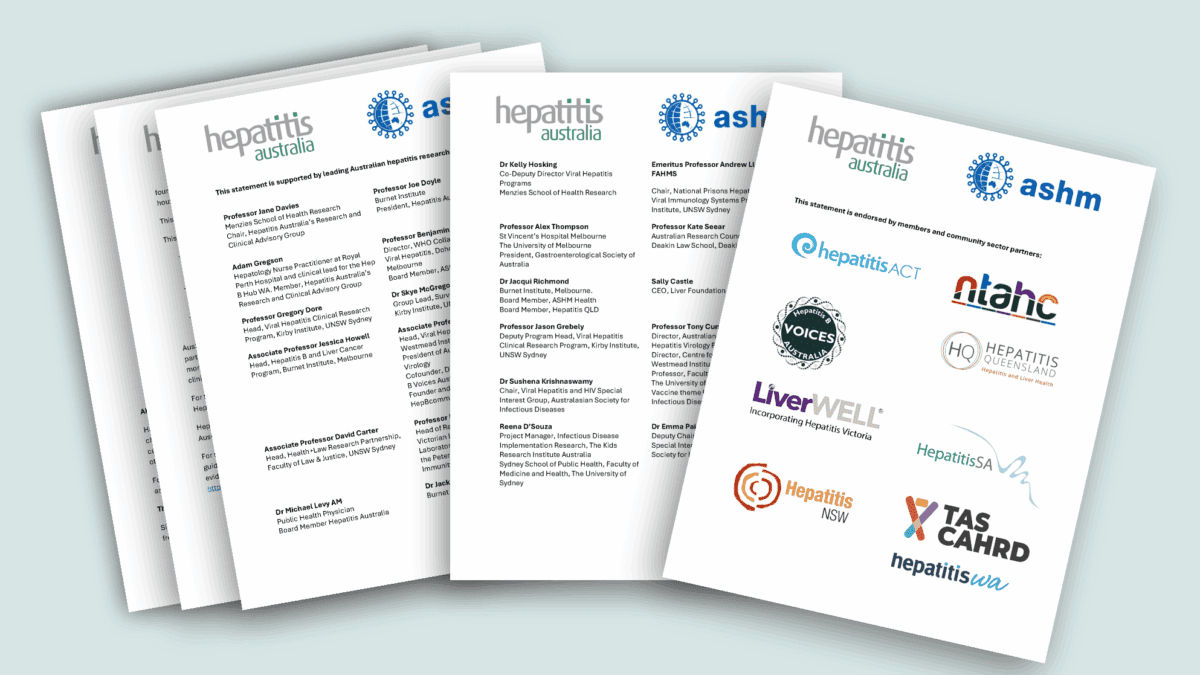“To improve the lives of the over 300 million people living with hepatitis, the attendees of the 4th World Hepatitis Summit call for a reset and re-invigoration of the response.
The elimination of viral hepatitis by 2030 is within our reach but only if we act now to dramatically scale up responses that are people-centred and culturally appropriate. The tools to eliminate hepatitis by 2030 already exist. We have a vaccine as well as effective treatments for hepatitis B and hepatitis C. However, despite this, new data from the World Health Organisation has shown that mortality is increasing with hepatitis now the second most deadly infectious disease in line with tuberculosis, and behind only COVID-19.
While incidence is decreasing, mortality from hepatitis related liver cancer is rising. There are still 2.2 million new infections a year and diagnosis and treatment rates remain far below where we need to be with only 13 per cent of people with hepatitis B diagnosed and two per cent treated, and 36 per cent of people with hepatitis C diagnosed and only 20 per cent treated. Furthermore, acute hepatitis A and E continue to impact people’s health all over the world. This is not acceptable.

We call for simplified and decentralised hepatitis responses which are integrated within health systems that are designed for the people they serve and developed in partnership with affected community.
We call for an acceleration of access to testing, treatment, peer support and care, which is affordable and accessible to those that need it. This will require innovative case finding strategies, service delivery in a wide range of settings including prisons and harm reduction services, commitment and improved collaboration to procure commodities at the lowest possible prices and investment in community-led services to ensure people living with hepatitis are supported and linked to care which is responsive to their needs.
Critically, improved access requires all stakeholders to address the underlying health and human rights inequities, lack of awareness and educational stigma and discrimination. These not only stop people coming forward for testing, they have a lasting, devastating impact on people’s lives, well-being, health and livelihood.
To achieve this, we call for immediate increased prioritisation of hepatitis elimination by governments. Responses must be nationally led, have the meaningful involvement of affected communities, and domestic financing must be committed. We cannot continue on the current trajectory. People living with, and affected by, viral hepatitis deserve better.
We call on all stakeholders to stand with us to make the elimination of viral hepatitis a reality by 2030.
Hepatitis can’t wait.”
Last updated 15 May 2024
More from:
Enjoyed this article? Subscribe to be notified whenever we publish new stories.
Subscribe for Updates





